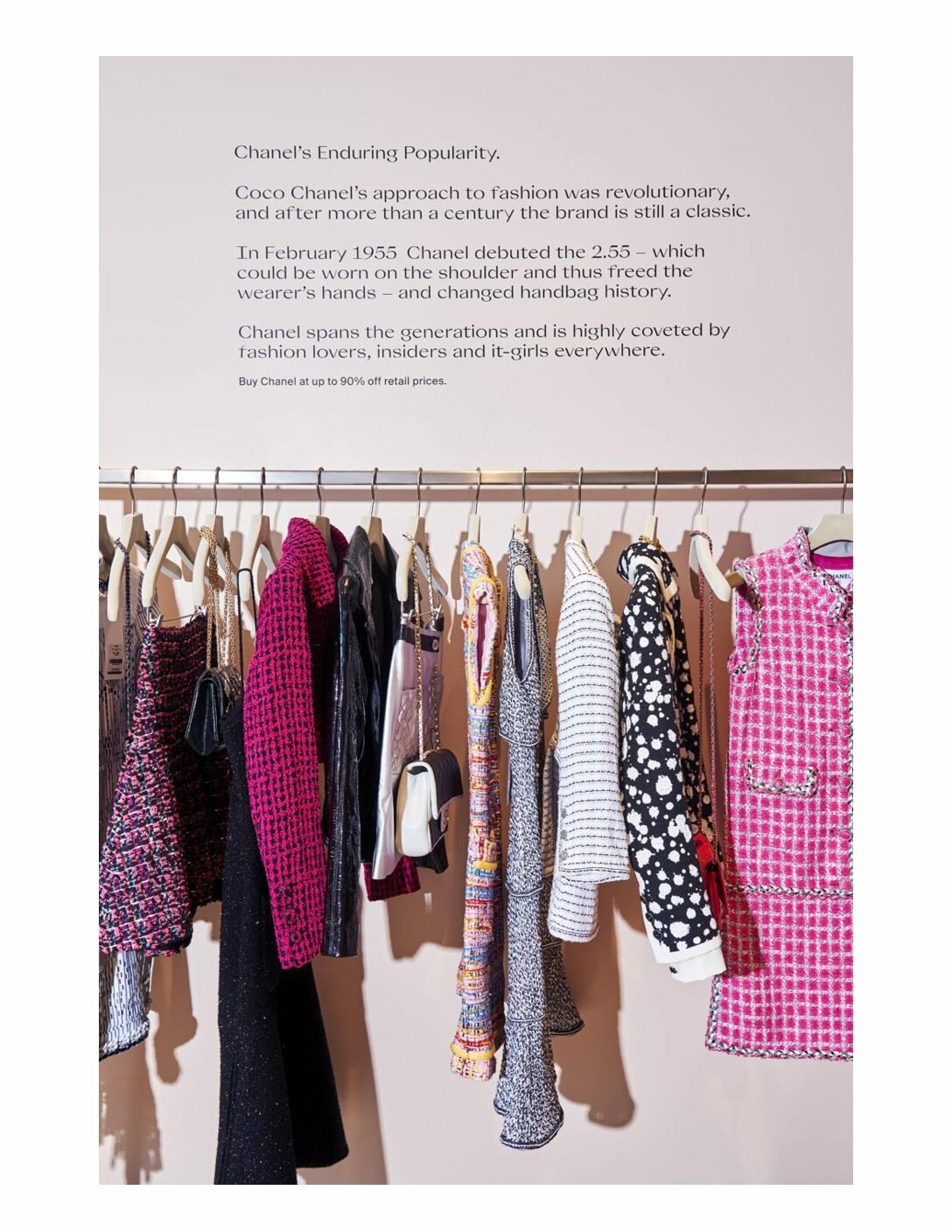 With the state primary coffers soon unable to cough up any cash, Pennsylvania governor Thomas Westerman Wolf has announced a raft of financial measures that he hopes will enable his government manage the politically-imposed cash crush in the state. The new measures include cutting payments to organizations providing managed care for the elderly, the disabled and children under the Medicaid program. Commenting on the move, which primarily affects private health insurances, representatives and spokespersons for various industry players noted that the beneficiaries of Medicaid are cushioned from the budget cut despite the fact that their businesses will be affected. The governor plans to cut up to $1.2 billion in payments for the Medicaid’s service providers.
With the state primary coffers soon unable to cough up any cash, Pennsylvania governor Thomas Westerman Wolf has announced a raft of financial measures that he hopes will enable his government manage the politically-imposed cash crush in the state. The new measures include cutting payments to organizations providing managed care for the elderly, the disabled and children under the Medicaid program. Commenting on the move, which primarily affects private health insurances, representatives and spokespersons for various industry players noted that the beneficiaries of Medicaid are cushioned from the budget cut despite the fact that their businesses will be affected. The governor plans to cut up to $1.2 billion in payments for the Medicaid’s service providers.
Budget Cuts Beyond Medicaid
In a repeat of the events of the last three consecutive falls, the budget impasse will also affect other sectors beyond Medicaid. The Democratic governor announced that funds set aside for roads. State employees and public school teachers will also have to wait a little longer as the state government plans to hold back the $581 million that had been planned for payout in the coming week. The payment is part of the state’s obligations towards these workers’ pension payment plans. Also affected by the delicate balancing act by the governor between spending and budget cuts are public schools, which rely on the state government for financial support. Operating with a partial, the governor hopes that these budget cuts will help his government provide essential goods and services until the political solution can be found.
An Inconveniencing Political Impasse
The Democratic governor found himself in the crosshairs of ideological warfare between the House of Representatives and Senate as well as political differences between Democrats and Republicans in both the Senate and the House. The bone of contention between the two houses and political affiliations is finding a common budget plan that accommodates both sides. The budget plan passed by the Senate differently significantly with that passed by the House with the two houses differing on various budgetary provisions including increasing taxes and introduction of new taxes on gas-drilling as passed by the Senate currently controlled by Republicans.
The House proposed that the new budget be funded by cutting funding to special programs such as environmental and mass transit projects. However, these measures were opposed by the Democrats, which have left the state budgetary plans in limbo. In light of the careening public coffers, the state treasurer has indicated his reservation towards approving new state loans even though Gov. Wolf plans on meeting the legislators to find a way forward.











